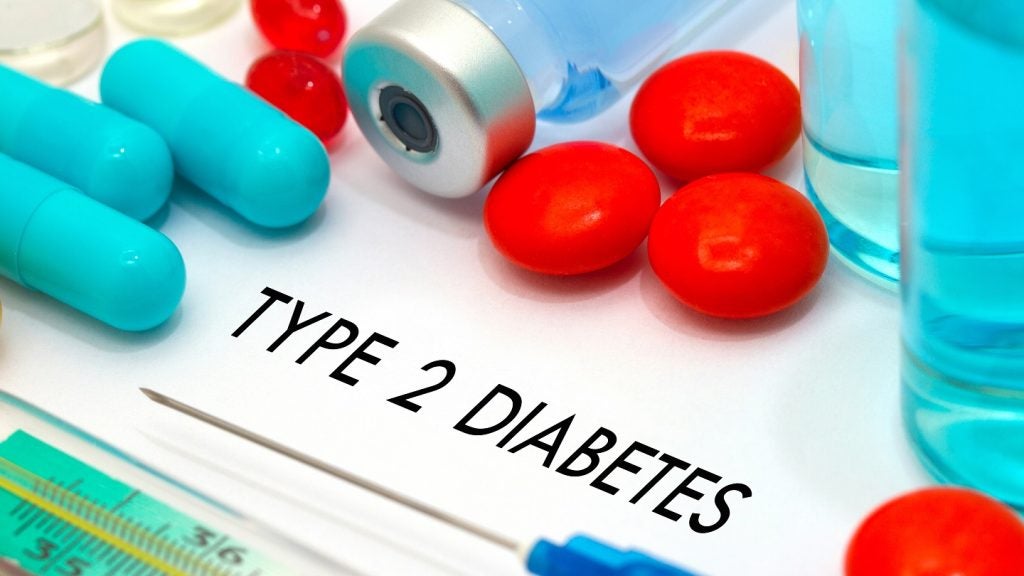Bright Minds Biosciences has reported positive results from Cohort 4 of its first-in-human Phase I study of BMB-101 to treat refractory epilepsies.
The lead compound BMB-101 is a highly selective and potent 5-HT2C agonist that is also indicated for treating addiction, psychosis, and impulse control disorders.
The results were based on the Quantitative Electroencephalogram (qEEG) study that was conducted in healthy individuals in the multiple ascending dose arm.
Using qEEG power signature, central target engagement in the treatment group was easily identified in blinded data.
Significant reduction in central alpha and beta power, as well as an increase in central delta power were observed in the active group.
An increased gamma frontal parietal connectivity in the treatment group was also observed, demonstrating an improved Anti-Epileptic Drug (AED) principle against benzodiazepine (GABAreceptor) AED drugs.
Furthermore, power and connectivity changes were concentration dependent.
The compound also showed significant safety and tolerability profile in the single ascending dose, multiple ascending dose and food effects parts of the study conducted in July this year.
Bright Minds CEO Ian McDonald said: “The positive topline findings from our recently completed Phase I study of BMB-101, together with the observations from the qEEG portion of the study, validate our approach, as we continue to evaluate this important product candidate.
“BMB-101 is clearly [getting into the brain/achieving brain penetration] and activating the target receptors as we had predicted, setting us up for potential success in a number of indications that have been validated with the 5-HT2C mechanism.
“With this study complete, BMB-101 is now a Phase II ready asset, and we intend to move forward with an investigative new drug submission immediately.”














